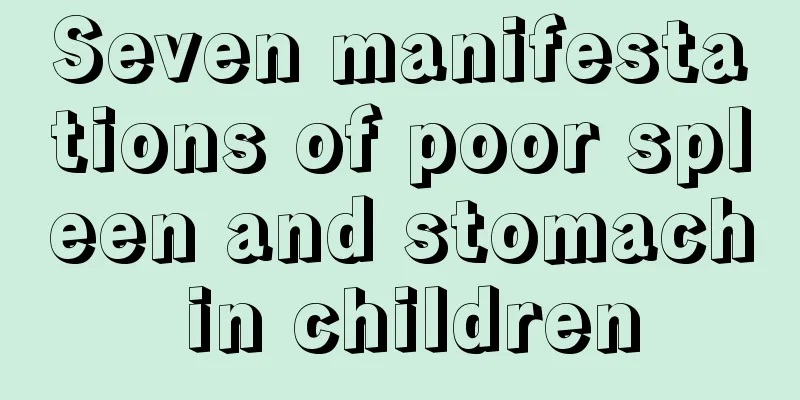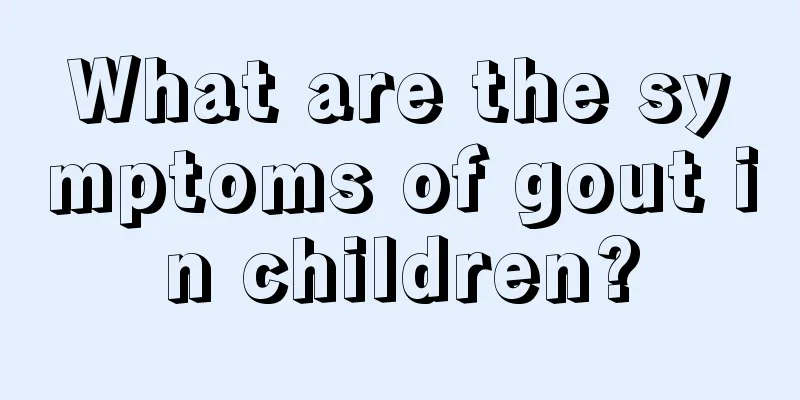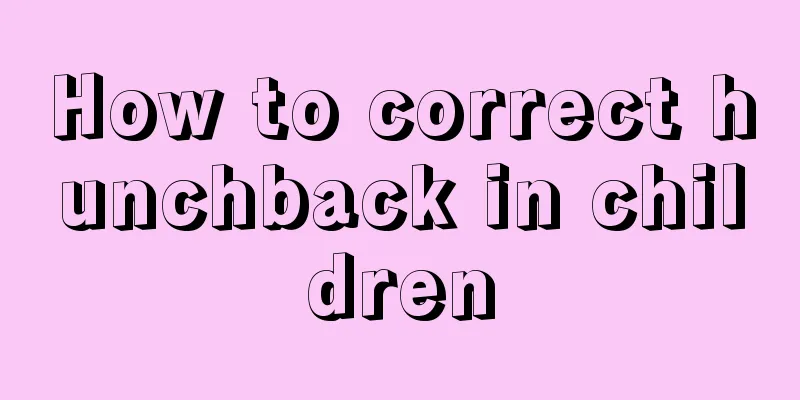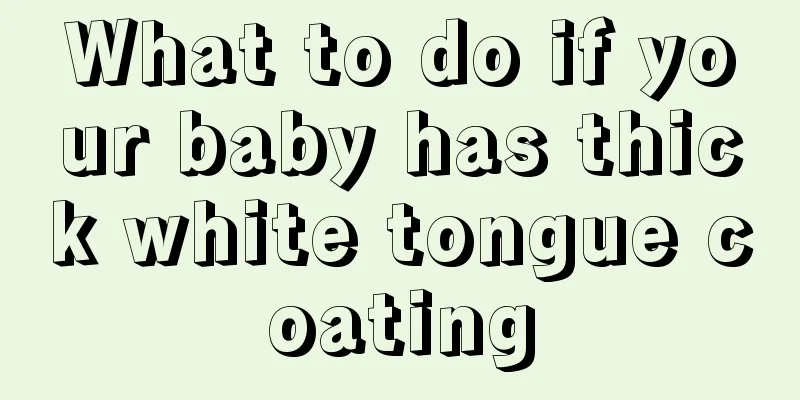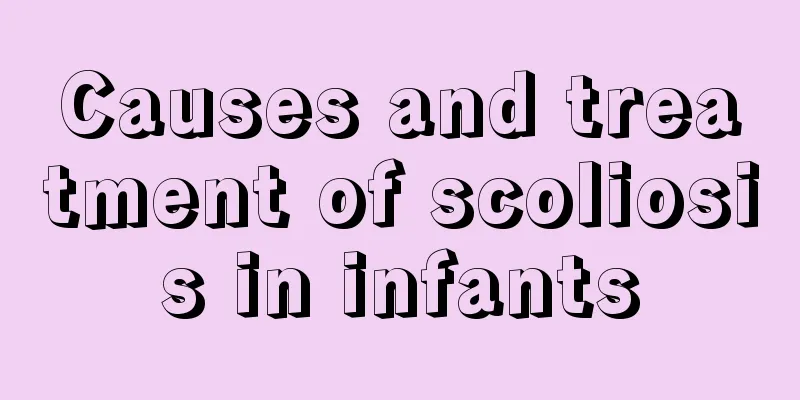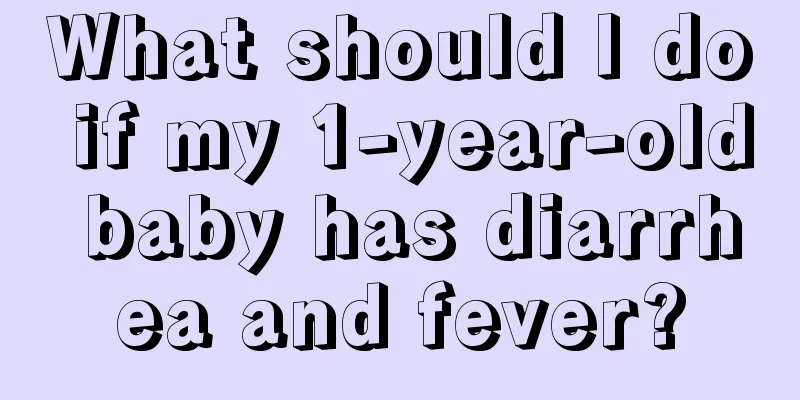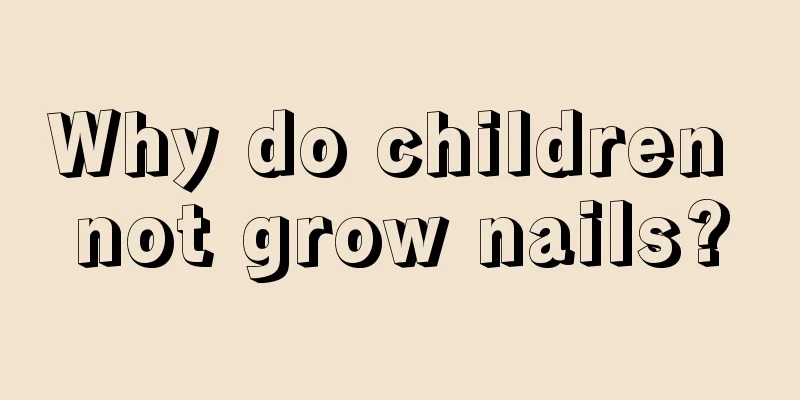What to do if your child's head is swollen after a fall
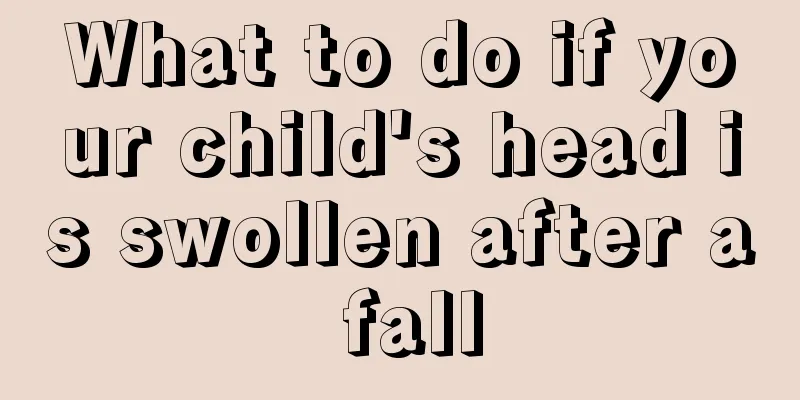
|
If a child's head is swollen after a fall, it can be said that this situation is mild or severe. If the adults neglect to take care of the child, the child may fall. If the head hits the ground first, it often causes swelling. At this time, you should observe whether the child has nausea and vomiting, whether there is bleeding, and avoid concussion and other hazards. Let's see what to do if a child's head is swollen after a fall? What to do if your child's head is swollen after a fall If the baby falls face down, the danger is relatively small. A baby will cry immediately after falling, indicating pain. Usually, the possibility of internal brain injury is relatively small. If the baby falls and has a swelling on his head but no bleeding, parents should apply cold compress immediately. If the swelling is large, you can apply some sesame oil or a potato slice, which can effectively relieve pain and remove blood stasis. If the baby falls and hits his head and there are no obvious symptoms, parents do not need to worry about concussion. Because the baby is conscious, has a good appetite and is in good spirits, he just needs to rest for a day or two to recover. Some babies may vomit. Don’t mistake it for a concussion. It may be because the baby is frightened. Situations where a baby needs medical attention after falling and having a swollen head 1. Bleeding from the mouth, nose or ears If your baby experiences bleeding from the mouth, nose or ears within two days of a fall, or if he or she is drowsy or in a poor mental state, be sure to take him or her to see a doctor immediately. 2. Abnormal pupils When the child calms down, you should observe his pupils carefully. If there is any abnormal dilation or contraction, take him to the hospital for examination immediately. 3. Falling into a coma If a child falls into a coma, even for just a few seconds, it must be taken seriously, because coma means that the external force may be strong enough to cause intracranial bruising or bleeding! 4. Repeated vomiting The child has a big bump on his head and may vomit once or twice due to crying, coughing, nausea, etc. However, if the child vomits more than three times, you should be careful, as it may be a sign of intracranial injury! 5. Loss of balance After a child collides with something, he or she will usually feel dizzy and his or her walking will be temporarily unsteady. However, if he has a serious loss of balance, falls repeatedly while walking, or his hands and feet suddenly become uncoordinated while playing, he needs prompt medical attention. |
<<: What to do if your child's mouth is swollen
>>: How to reduce swelling of child's hand
Recommend
What is the appropriate height for a child's pillow?
Many parents are most concerned about their child...
What does it mean when a child's urine protein is three plus?
The urine protein test report may show three plus...
Six factors that affect children's height
Key factor 1: Lack of core nutrition affects chil...
What are the treatments for childhood paralysis?
Polio has become more and more common in recent y...
The child wakes up with a lot of eye mucus
Young parents will find that their baby has a lot...
What to do if your baby is stuck by a fish bone
Fish is a very common delicacy on our table. In t...
What to do if a two-year-old refuses to eat?
It is an issue that parents need to pay close att...
Can babies eat lotus seeds when they have a fever?
Children have very poor physical constitutions. W...
At what months can a baby walk? Young parents take note!
A newborn baby needs to go through many stages to...
What are the symptoms of myocarditis in children?
Pediatric myocarditis can usually include many sy...
What causes my baby to have recurrent oral ulcers?
Oral ulcers are a disease that can occur in all a...
What are the dangers of precocious puberty in children?
Many parents are confused when they find that the...
What should I do if my baby has phlegm in his throat and snores?
Regarding the phlegm in the baby's throat, th...
What to do if your child's skin is always itchy
Children's physical conditions are rather spe...
Idioms describing children walking unsteadily
When a child just starts to learn to walk, he alw...
